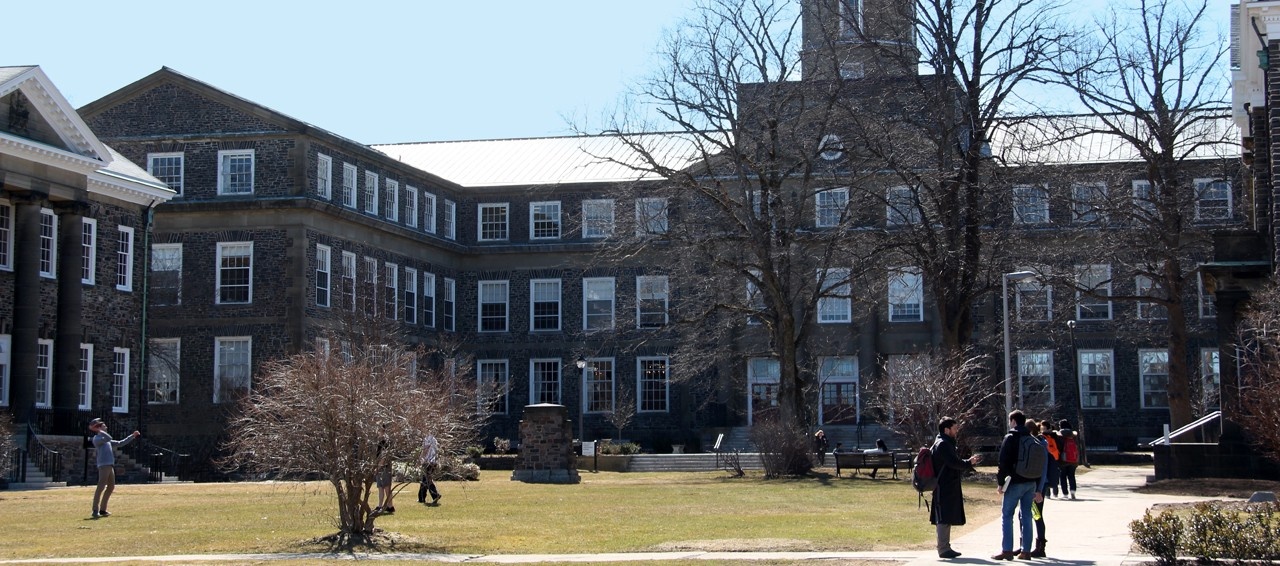Immigration Updates for International Students
Page updated: February 4, 2025
Immigration Update – New PAL Requirements & Exemptions
In January, Immigration, Refugees & Citizenship Canada announced changes to Provincial Attestation Letter (PAL) requirements. New in 2025, some groups of students now require a PAL when applying for their first study permit or renewing an existing study permit. For example, current study permit holders who are moving from one level of study (e.g. undergraduate) to another level of study (e.g. graduate) at the same university, now require a PAL when renewing their study permit. For more information about the new PAL requirements (e.g. who requires a PAL and who does not), visit the PAL page on the IRCC website or refer to the PAL section on the International Centre website.
Some categories of students do not require a PAL. IRCC now requires students who are PAL exempt to include a PAL exemption letter when applying for a study permit extension or a new Temporary Resident Visa (TRV). Students can write their own exemption letter. For help in writing and formatting an exemption letter, refer to the downloadable template in the Helpful Guides section on the Study Permit Extension page and the Temporary Resident Visa (TRV) page on the International Centre website.
